Have you ever wondered why, even though fear should make us run away, there’s something in us that enjoys horror movies, haunted houses and anything that makes us jump with fright? It’s as if we have a love-hate relationship with fear, and even though we know we could sleep with the light on afterwards, there we are looking for the next great horror story!
The answer to this curious paradox lies in psychology. And the fact is that fear, although it may seem contradictory, has many fascinating layers and an important evolutionary history in human life. Let’s see what science tells us about why we want to feel fear (when we are in a safe environment, of course).
Evolution and Fear: A Tool for Survival
To begin with, fear is one of the oldest and most essential human emotions. Since our earliest days as humans, fear has been a tool to help us survive. Imagine our ancestors: living in the wild meant being exposed to constant threats, from predators to extreme weather. Fear activated the “survival mode” in our bodies, what we call the “fight or flight” response, causing our bodies to prepare to defend or flee from danger.
But what does this have to do with enjoying a horror movie in the comfort of our homes? Well, when we are in a safe environment, such as a movie theater or on the couch, this fight or flight response is activated in a “controlled” way. We feel the adrenaline rush, our heart beats faster, and we prepare for something we know is not a real threat. It’s like having a survival experience, but without the risks. And that, our brain loves!
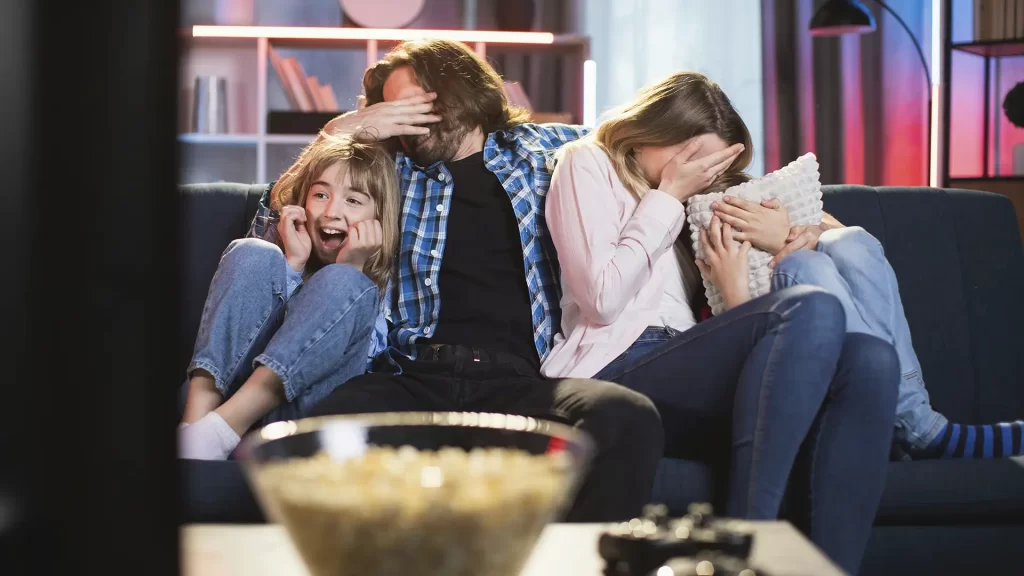
The Adrenaline Rush and the Pleasure of Fear
Feeling fear in a safe environment generates a rush of adrenaline and endorphins that is highly pleasurable. Adrenaline gives us that “rush” that many associate with excitement and adventure. These substances also help the brain focus intensely, which explains why horror experiences can be so absorbing.
In addition, fear in small doses also activates the brain’s reward system. Exactly! Fear has a feel-good side because, at the end of the experience, we feel relief. That “emotional roller coaster” allows us, in a way, to enjoy the pleasure of the calm after the storm.
The Psychology of Fear in Culture
In addition to being a thrilling feeling, fear also has a social and cultural role. It helps us connect with other people. Who hasn’t felt the instant bond that forms after watching a horror movie with friends? Shared fear strengthens relationships. We laugh, hug and even make fun of our own fears, which creates fun and intense memories.
In addition, the horror genre also allows us to explore deep issues that may otherwise be difficult to confront. Many monsters or villains represent our inner fears or the dangers of society. Sometimes, seeing evil “incarnate” in fictional characters gives us an opportunity to reflect on the darkness that exists in the world and how to deal with it.
Controlling the Uncontrollable
Feeling fear in a safe environment also allows us to deal with the idea of controlling the uncontrollable. In real life, many things scare us and make us feel powerless, such as death, disease or natural disasters. However, watching a horror movie allows us to face those same fears from a perspective of control. We know we can turn off the TV or walk out of the theater if the fear becomes too much, and that helps us better deal with our own inner fears.
So, Why Do We Like to Be Scared?
At the end of the day, the main reason we like to be scared is because fear, in controlled doses, is simply fascinating. It helps us feel alive, connect with our most primal instincts, and experience intense emotion without real risk. Moreover, every time we overcome a fear (even if it’s in a movie or a haunted house), we feel a kind of personal “victory”, as if we were conquering our own limits.
In short, fear is an emotional journey that takes us to the edge of the unknown and gives us the opportunity to return to safety with a new perspective. And while we know we could sleep better if we avoided horror stories, the truth is… it wouldn’t be nearly as much fun!



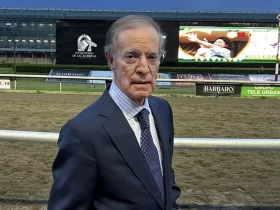
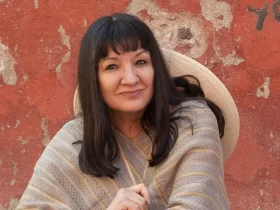
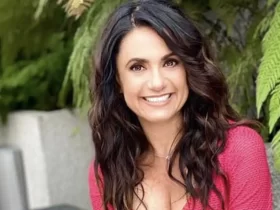





























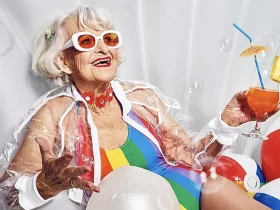
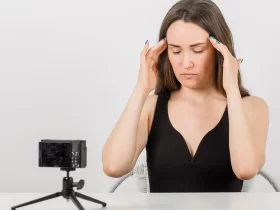

Leave a Reply